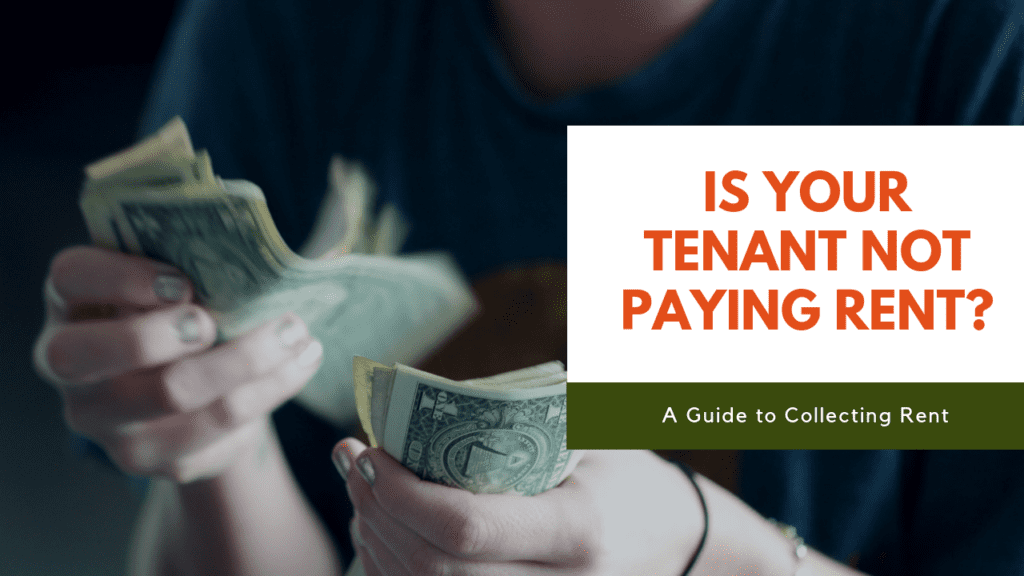
Is Your Tenant Not Paying Rent? – A Guide to Collecting Rent in Orange County FL
One of the most basic things you’ll do as a landlord is collect rent. It seems pretty straightforward: the tenant knows what is owed and pays it on the first of every month. However, not all tenants are as reliable as we’d like them to be with rental payments. This is one reason that tenant screening is so critical. You want to place a tenant with a verified history of on-time rental payments.
When you have a rent collection policy in place and you’re willing to enforce late fees and other consequences, you can usually expect to be paid consistently every month.
Establish a Rent Collection Policy
Write and implement a rent collection policy, and include it in your lease agreement. In Florida, there is no requirement to provide a grace period. If you say rent is due on the first of the month, you can consider it late on the second. However, grace periods are pretty common, and usually cover between two and five days. So, perhaps your lease will say rent is due on the first and then the tenant has two days to get that rent in, but it’s considered late on the fourth of the month. Make sure this is clearly stipulated in your lease.
You’ll also want to indicate how rent should be paid. Some landlords will allow electronic payments and others will accept cash. Decide how you want to receive your rent and include that in your policy. Then, decide on whether there will be a late fee assessed after the due date and any grace period. When all of this is documented and in your lease, tenants will not be able to claim that they did not know what the expectations were in terms of rental payments.
Collect Late Fees Consistently
Don’t waive late fees, even if you’re dealing with an otherwise great tenant who has a plausible excuse for paying late one month. You need to be consistent with consequences, especially this one. If your tenant calls and explains why rent is late, tell them that you appreciate them letting you know. Ask when you can expect rent to be paid, and remind them of the total amount due with the late fees. This is the only way to demonstrate you’re serious about having rent paid on time. Don’t make it easy for tenants to pay late.
It can also be a fair housing issue if you have more than one tenant. Collecting late fees from one tenant but not another could be interpreted as discriminatory. Avoid all the risk and charge late fees every time a tenant is behind in rent.
Serve a Three Day Notice
When you’re really struggling to get the rent paid on time by a tenant, serve a Three Day Notice to Pay or Quit. This formally lets the tenants know that rent is late and they have three days to either pay up or leave the property. It’s the first step in the eviction process, and it usually motivates your tenants to get the rent paid. If you don’t hear anything after the three-day period, you should talk to an attorney or a property manager about taking the next steps towards eviction.
We can help you get your rent collected on time. If you’re having trouble, contact us at Park Avenue Property Management, and we’d be happy to tell you more.